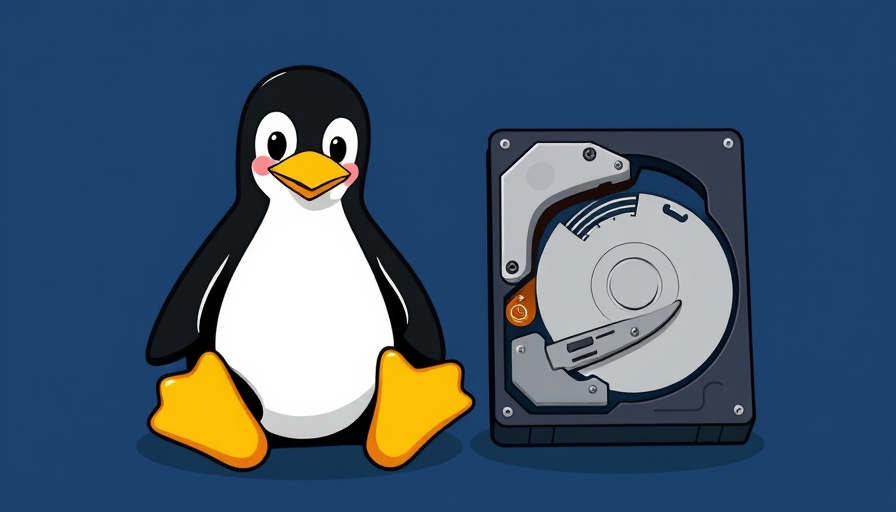
The Rise of Malicious Go Modules: A Growing Threat
In an alarming twist in the world of cyber threats, researchers have uncovered three malicious Go modules designed intentionally to inflict severe damage by corrupting Linux systems. These modules, cleverly disguised as legitimate packages, lay the groundwork for what appears to be an advanced supply chain attack that could cripple many organizations reliant on this programming language.
Understanding the Mechanism of the Attack
Named prototransform, go-mcp, and tlsproxy, the malicious Go modules are engineered to run on Linux systems. Once executed, they check the operating system and then utilize wget to download a destructive payload from a remote server. This payload is a shell script that irreversibly wipes the entirety of the primary disk – leaving systems unbootable and data irretrievable.
Why Supply Chain Attacks Are Increasing
The growing trend of supply chain attacks can be attributed to the reliance on open-source packages in software development. As developers integrate seemingly benign code into their projects, they unknowingly expose their systems and data to catastrophic risks. Recent reports have detailed several npm and Python Package Index (PyPI) modules capable of stealing sensitive data, such as cryptocurrency keys, illustrating the breadth of the threat landscape.
Countermeasures and Best Practices
Given the rising incidents of such attacks, developers and organizations must adopt robust security measures. Verification of package integrity, conducting regular audits of dependencies, and employing automated security tools can help mitigate risks. Education on recognizing phishing and squatting threats is equally vital in safeguarding environments from emerging vulnerabilities.
The Bigger Picture: Cybersecurity Implications
This landscape of advanced supply chain attacks challenges our understanding of cybersecurity. As more organizations adopt open-source solutions, the demand for stringent security assessments and community-based surveillance is paramount. Engaging with vendors and collaborating within developer ecosystems can foster safer software consumption.
Taking Proactive Steps Against Cyber Threats
As the threat of malicious Go modules looms, organizations must be prepared. By implementing stringent security protocols and fostering a culture of cybersecurity awareness, they can better defend against the sophisticated tactics employed by cybercriminals. Investing in training and tools to enhance resilience is not only wise but essential in today’s cyber landscape.



Write A Comment